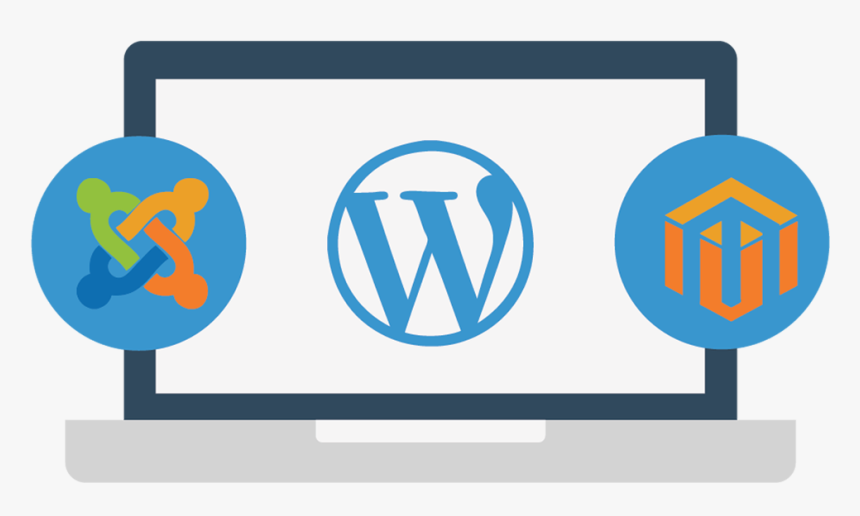How Does WordPress Hosting Work? Breaking Down the Basics

Are you ready to unlock the mystery behind WordPress hosting? Imagine having a powerful and user-friendly tool at your disposal, empowering you to create stunning websites with ease. Whether you’re an ambitious blogger, an aspiring entrepreneur, or a web developer looking for efficient solutions – WordPress hosting is here to revolutionize your online experience.
In this comprehensive guide, we will dive headfirst into the world of WordPress hosting and break down its basics like never before. So fasten your seatbelts as we embark on an exciting journey through the inner workings of this remarkable platform that will leave you awe-inspired and ready to conquer the digital realm!
Table of Contents
What is WordPress Hosting?

WordPress hosts its content and database. The WordPress software resides on a web server, which stores the WordPress files and serves them up to browsers. Web hosting providers give you space on their servers and provide services such as bandwidth, DNS, email, and hosting control panels that let you manage your website. You need to pay for these services.
When you sign up for a WordPress hosting account, your provider will give you an installation of the software. After that, all you need to do is input your site’s information into the hosting control panel and click “activate” to activate your site.
How Does WordPress Hosting Work?

WordPress is a popular content management system (CMS) that enables website owners to easily create and manage a website. To create or edit a WordPress site, users must first install the WordPress software on their computer. Once installed, WordPress can be accessed through a web browser.
To use WordPress, website owners must sign up for a hosting account with a web hosting company. This account enables website owners to host their WordPress sites on the company’s servers. Websites hosted on a web hosting company’s servers are accessible to the public Internet.
There are several different types of web hosting companies that offer varying levels of reliability and resource utilization. Three of the most popular types of hosting services for WordPress are shared hosts, reseller hosts, and cloud-based hosts.
- Shared hosts are the most affordable option and offer limited resource utilization.
- Reseller hosts provide more resources than shared hosts but are more expensive.
- Cloud-based hosting services allow website owners to access their WordPress sites from any computer with an Internet connection.
Benefits of WordPress Hosting
For those of you who are unfamiliar with WordPress, it is a free and open-source content management system (CMS) that enables you to create a website or blog from scratch or to improve an existing website. Thousands of websites are powered by WordPress each day, including some of the most popular sites on the Internet, like CNN, The Huffington Post, and BuzzFeed.

WordPress Hosting refers to the service provided by your chosen hosting company that will allow your WordPress site to live on its servers. This service usually includes:
- A secure server environment – Your hosting provider will guarantee that your site is hosted in a secure environment with up-to-date security measures in place. All of your data will be kept safe and private.
- Access to unlimited storage – For you to publish content on your WordPress site, you will need access to online storage space (usually via FTP or SFTP) so that you can upload files. Your hosting provider should offer ample space for you to store all of your media files and additional website content.
- Quick and easy installation – Many hosting providers offer walk-through tutorials that will guide you through the simple steps necessary for installing and setting up your new WordPress site. Most hosts also have support staff available 24/7 should you have any questions or problems during setup.
- A managed platform – Once your site is set up and running, your host will take care of all of the required updates, security patches, and maintenance tasks. This means that you can focus on your business and leave all of the behind-the-scenes work to your hosting provider.
- Unlimited bandwidth – Most WordPress hosts will offer generous bandwidth allowances for you to keep your site running smoothly. In addition, should you ever need to increase your site’s traffic capacity, your hosting provider will be happy to help.
- Site stats – As a registered user of your hosting provider, you will be able to access site stats (such as page views, unique visitors, and bounce rates) to monitor your progress and make modifications as needed.
- 24/7 customer support – If you experience any problems with your WordPress site or hosting service, don’t hesitate to contact customer support for assistance. Most hosts are happy to offer FAQs and tutorials related to WordPress should you need them.
What if I Want to Move My Site?

If you have a WordPress site and are thinking about moving it to another host, there are some things you should keep in mind. First, make sure your new host has an account with WordPress.org. Then, upload all of your content and config files (like themes and plugins) to the new host. When you’re ready to activate your new site, just visit the WordPress.org hosting page and enter your new domain name into the Site Name text box. That’s it!
Conclusion
In this article, we have explored the basics of how WordPress hosting works and revealed some of the benefits which can be enjoyed by those who choose to use it. From speed and security to customizability and programmability, WordPress offers an impressive array of features that are perfect for any website.
If you are thinking about setting up your website, then hosting with WordPress is a great way to get started. We hope that this article has provided you with all the information you need to make an informed decision.






